What do the titles of the winners and judges of more and more coffee events represent?
Professional coffee knowledge exchange more coffee bean information please follow the coffee workshop (Wechat official account cafe_style)
In recent years, coffee-related competitions can be said to be popular all over the world, and China is no exception. How many coffee competitions are there at present? Probably can't even remember me. Every time a competition is held, there will be a champion, and of course, there are many finalists and judges, and it is often joked that the situation is similar to that of Dr. Shuo all over the street.
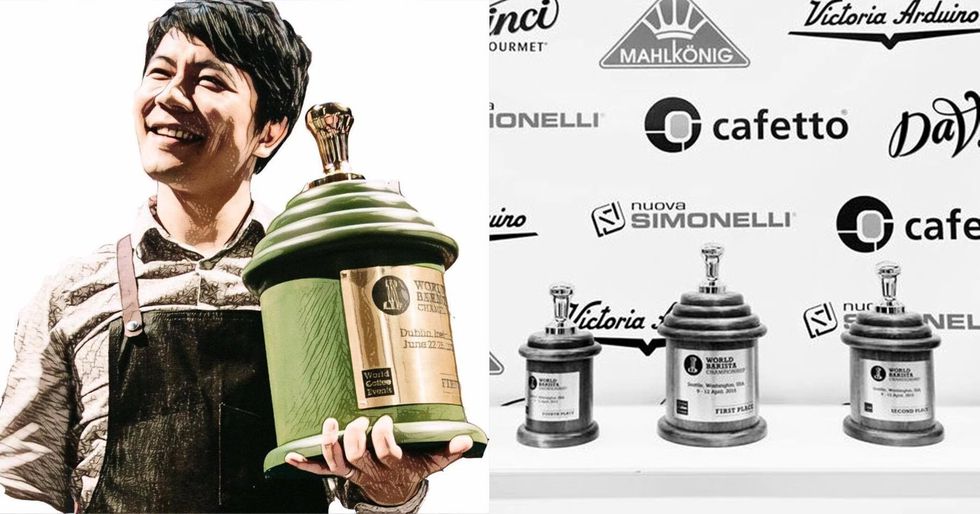
However, I still think that the contestants and judges of all competitions have their own value, but what these titles represent must start with understanding the content of the event.
The relationship between judges and contestants
Although the results of the contestants are judged by the judges, so many people intuitively think that the judges are better than the contestants; however, the majors required by the judges and the contestants are completely different.
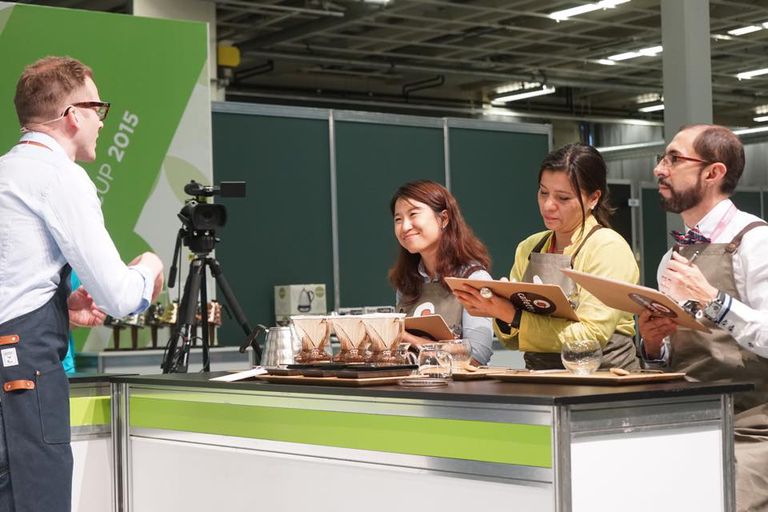
What the judges need is to give the corresponding scores according to the players' performance in the event in accordance with the rules and regulations of the event, while the contestants give the best performance as possible during the event. In fact, both roles need a lot of practice to do well. A good stage needs to be constructed by good players and good judges, both of which are indispensable.
event
Some of the most common competitions in the coffee industry include: raw bean evaluation, roasting, various brewing methods, and flower drawing art. However, the content to be evaluated in each event is different, and not the champion of every event is omnipotent. It's like growers and cooks are part of the process, but we don't equate good growers with good cooks.
Competition specification
When the standard of the competition is higher, the trend of the competition is more inclined to compare quality and competition; when the specification is lower, the trend of the competition is inclined to easy exchange and discussion.
The competition specification can be judged from three details: the first is the way of grading, the second is the composition of the judges, and the third is the composition of the contestants.
First, the way of grading
If the competition has drawn up a detailed scoring form, and the judges need to fill in the scores on the scoring form and be responsible for it, then the objectivity and rigor of the competition will be relatively high; if the scoring table is too simple, even if the judges give scores freely or vote anonymously, then there are a lot of vague areas.
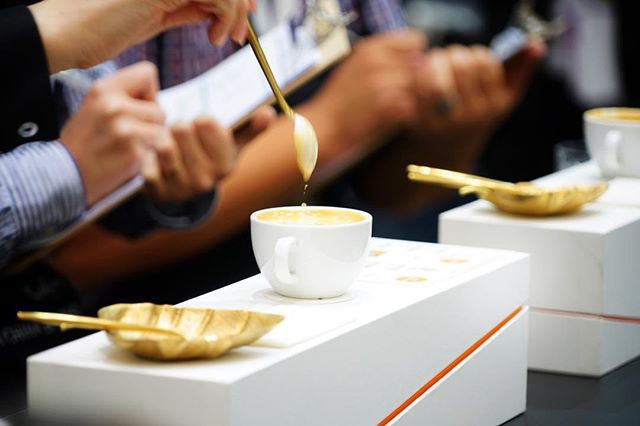
II. Composition of the judges
When the judges need to have certain experience, and after training, assessment in order to obtain the qualification of the judges, then the competition is relatively rigorous. On the other hand, if the judges are invited, or even the so-called manufacturer's Cup (judges have commercial interests with the organizers), then the subjective color of the event will be very high.
III. Composition of contestants
As for the contestants, the national events are less controversial, but the international events are very complicated. Many international competitions call themselves World Championships. However, if contestants need to be selected by member States to win championships before they can be represented, then the competition specifications will of course be much higher. On the contrary, some international competitions do not have a mechanism for selecting contestants. Instead, they can participate in the competition by signing up, and the nature will be different.
The number of participants and the number of contestants is also one of the key points. In many emerging events or small-scale regional events, the number of contestants (countries) is often less than 10, which is not a small gap with the world competition imagined by the public.
The highest hall in the coffee competition: the World Barista Competition (World Barista Championship; WBC)
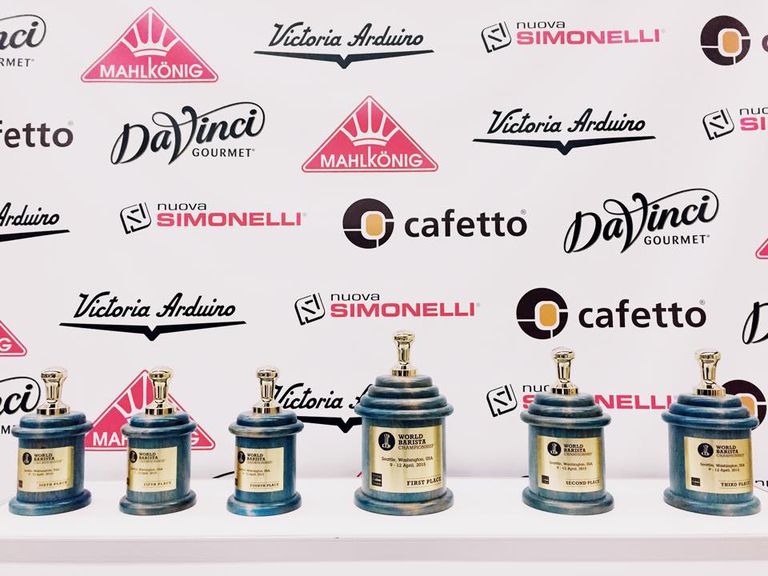
Top coffee competitions always have some common features. For example, the World Barista Competition (World Barista Championship; WBC) has long been regarded as the highest palace in coffee competitions. People who come into contact with sports are always referred to as the Olympic Games in the coffee world, while those who like racing cars are called F1 cars in the coffee world.
Although WBC is called the barista contest, what is to be compared in the competition is the highest-standard integration of raw bean planting, baking settings, selection of peripheral equipment, cooking techniques, performance and service skills of the contestants.
Also because the content of the event is so diverse, whether you are just a coffee lover or a member of the coffee industry chain, you can find points of interest in the event. While the event attracts so many spectators, of course, it also attracts a large number of sponsors, and the scale of the competition and the number of players and judges involved in it are also increasing year by year.
Nowadays, in order to become a judge of WBC, you need to do two years of evaluation of events in member States before you are eligible to participate in the qualification examination of international evaluation.
And even if you pass the exam, each WBC must pass the assessment and correction of the pre-competition evaluation camp in order to really play the competition.
On such a rigorous and high-profile platform, all the participating countries invest all their resources to compete for the title; about 60 national representatives participate in the WBC every year, and these championships are selected by dozens to hundreds of contestants in national competitions.
In other words, every year, the world barista champion can be said to stand out from thousands of contestants, and the gold content of the champion is self-evident.
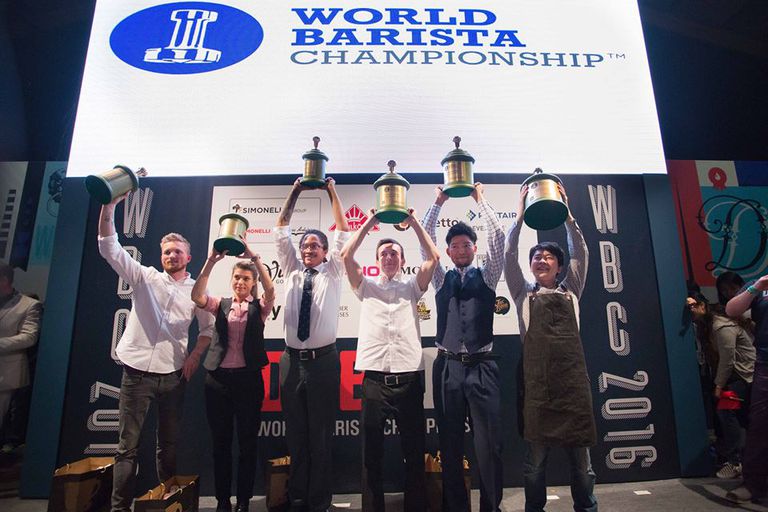
2016WBC Wu Zelin beat the Italian coffee gods from Japan, Canada, the United States, France, the Netherlands and other countries to win the championship.
The author: world champion barista-Wu Zelin Berg Wu
Important Notice :
前街咖啡 FrontStreet Coffee has moved to new addredd:
FrontStreet Coffee Address: 315,Donghua East Road,GuangZhou
Tel:020 38364473
- Prev
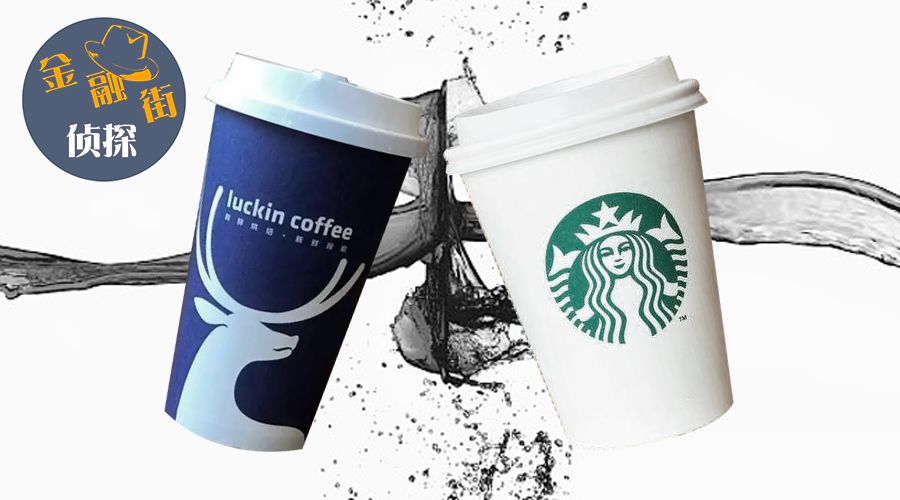
Ruixing Coffee Vice President Late Night Starbucks Ruixing Coffee Sues Starbucks Monopoly Formal Case
Professional coffee knowledge exchange More coffee bean information Please pay attention to coffee workshop (Weixin Official Accounts cafe_style) At noon on the 16th, Guo Jinyi, vice president of Ruixing Coffee, issued a court acceptance notice in the circle of friends. The notice shows that Ruixing Coffee v. Starbucks Coffee, Starbucks Enterprise Management (China) Co., Ltd. monopoly dispute case, has been formally filed in court. yesterday
- Next
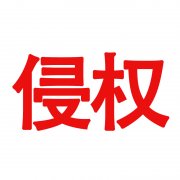
To Guangzhou Leaf Coffee Restaurant Management Co., Ltd. to stop infringing our article.
Our company Guangzhou Electronic Coffee Workshop Business Co., Ltd. has a coffee workshop official account, which recently found that its business involves infringement of our company's articles, which has been reproduced to its Weibo and marked with the original logo without permission. it has constituted an infringement on the intellectual property rights of our company. We hereby make a solemn statement to Guangzhou Leaf Coffee Restaurant Management Co., Ltd., demanding that Weibo 20 be deleted immediately.
Related
- What brand of black coffee is the most authentic and delicious? what are the characteristics of the flavor of the authentic Rose Summer Black Coffee?
- Introduction to the principle and characteristics of the correct use of mocha pot A detailed course of mocha pot brewing coffee is described in five steps.
- Which is better, decaf or regular coffee? how is decaf made?
- How much is a bag of four cat coffee?
- How about four Cat Coffee or Nestle Coffee? why is it a cheap scam?
- Which is better, Yunnan four Cats Coffee or Nestle Coffee? How about cat coffee? is it a fake scam? why is it so cheap?
- How about Cat Coffee? what grade is a hoax? which instant coffee tastes better, four Cat Coffee, Nestle Coffee or G7 coffee?
- Process flow chart of coffee making-Starbucks coffee making process what coffee tastes good at Starbucks
- The top ten best coffee beans in the world Rose summer coffee or Tanzanian coffee tastes good
- Yunnan four cat coffee is good to drink?_four cat coffee is a big brand? four cat blue mountain coffee is fake?

